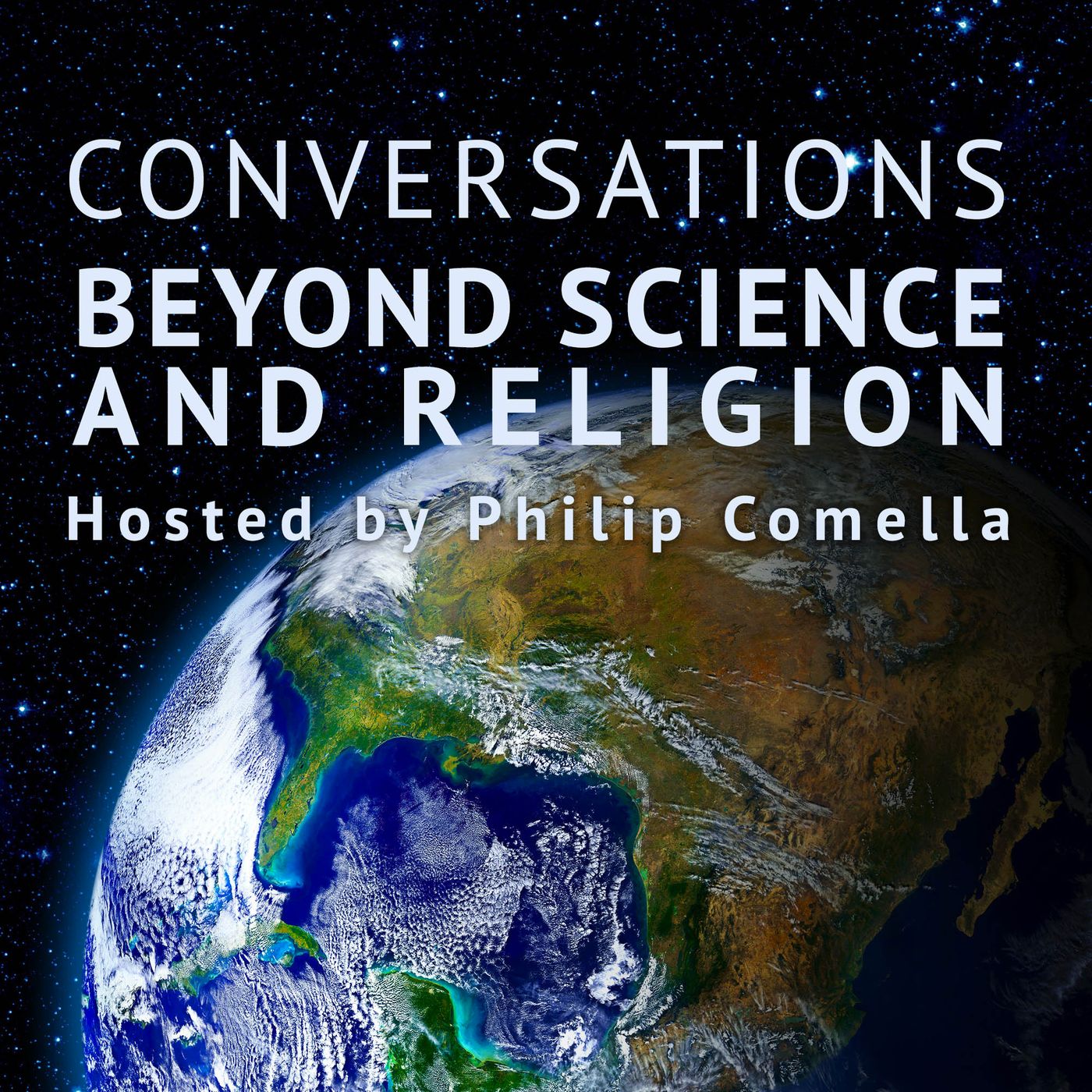Conversations Beyond Science and Religion Is Intelligent Design Science?

No subject so sharply highlights the contrast between science and religion as evolution. Over 150 years ago Darwin (http://www.britannica.com/EBchecked/topic/151902/Charles-Darwin) wrote that all living things descended from one common ancestor through the process of natural selection (http://www.newworldencyclopedia.org/entry/Natural_selection). Later biologists found a mechanism for evolution in copying errors -- or mutations -- made during the reproductive process.
But to stay faithful to the God-less worldview of Darwin, these mutations had to be directionless, random and without a goal. Professor Michael Behe, in his best-selling book, Darwin's Black Box (http://www.amazon.com/Darwins-Black-Box-Biochemical-Challenge/dp/0743290313), argued that the most fundamental elements of living things possess an inherent complexity that cannot be reduced to separate parts that could have arisen simply through random mutations. Rather, things like the cell contain an interlocking machinery strongly suggesting that they were designed, like a mouse-trap or watch, with an end in view. But intelligent design remains an heretical notion in our current scientific worldview. Join Philip Mereton as he talks with Michael Behe over whether intelligent design is science, and perhaps even the future of science.